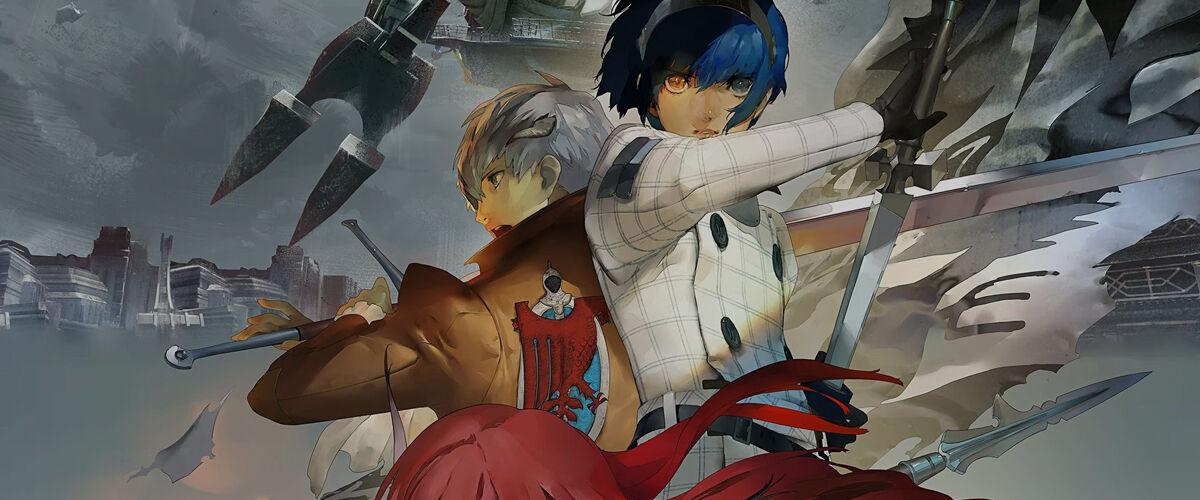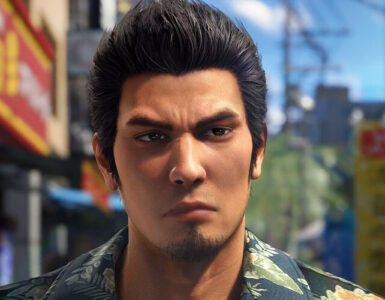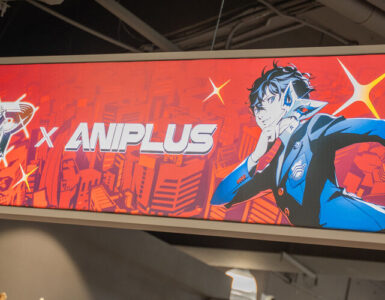- Shares
- 58
This interview has been edited for clarity.
All ideas are cultivated from a spark, even as reality often plays a role in planting the seed of creation. A never-ending reservoir of alternative takes, what-if potential, and different observations and encounters, such notions reinforces the inextricable bond between fiction and real-world elements, even if they seem removed from one another in various media.
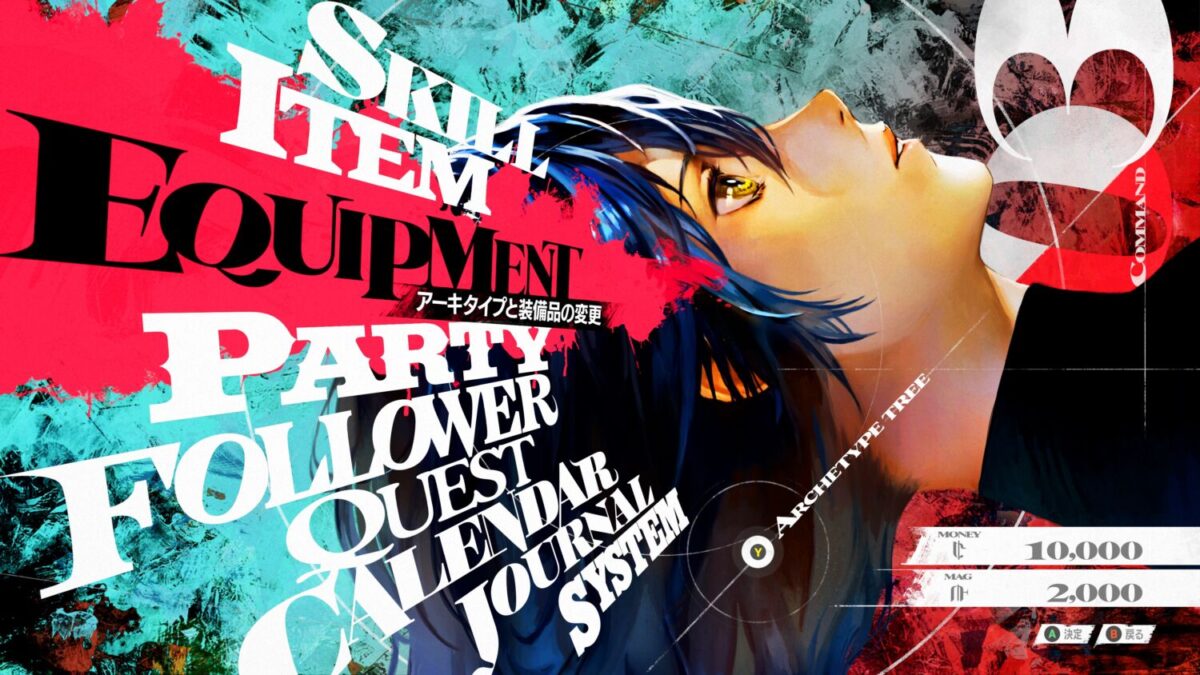
In the case of Japanese video game developer and publisher Atlus, creative inspiration has always been rooted in universal human experiences. Its role-playing, social simulation Persona series, for instance, explores the human psyche and interpersonal relationships, with each game zeroing in on specific themes such as life and death, facing and accepting fears, standing up for one’s beliefs, and more. Meanwhile, its parent series, Shin Megami Tensei (SMT), waddles into more abstract waters by tackling morality, ethics, and the consequences of human actions, which are issues pertinent to present-day society.
The publisher’s next adventure Metaphor: ReFantazio, developed by one of Atlus’ internal division Studio Zero, will continue in this vein, despite the change in setting. Instead of a familiar high-school or post-apocalyptic-slash-sci-fi backdrop, the sprawling role-playing game (RPG) takes place in a medieval fantasy realm mirroring the modern real world and marks the team’s first venture into the genre. Amid the fresh coat of paint, however, are echoes of past works, from the bold, stylish user interface (UI) design to turn-based mechanics.
The sense of familiarity is no coincidence, as shared by director and Studio Zero founder Katsura Hashino. Speaking to select Southeast Asia media at Tokyo Game Show (TGS) 2024, he revealed that the upcoming outing is a culmination of all of Studio Zero’s prior game development experiences, sharing, “Rather than trying really hard to create something completely brand new, we thought fans would be more appreciative of a work that integrated elements from previous titles.”
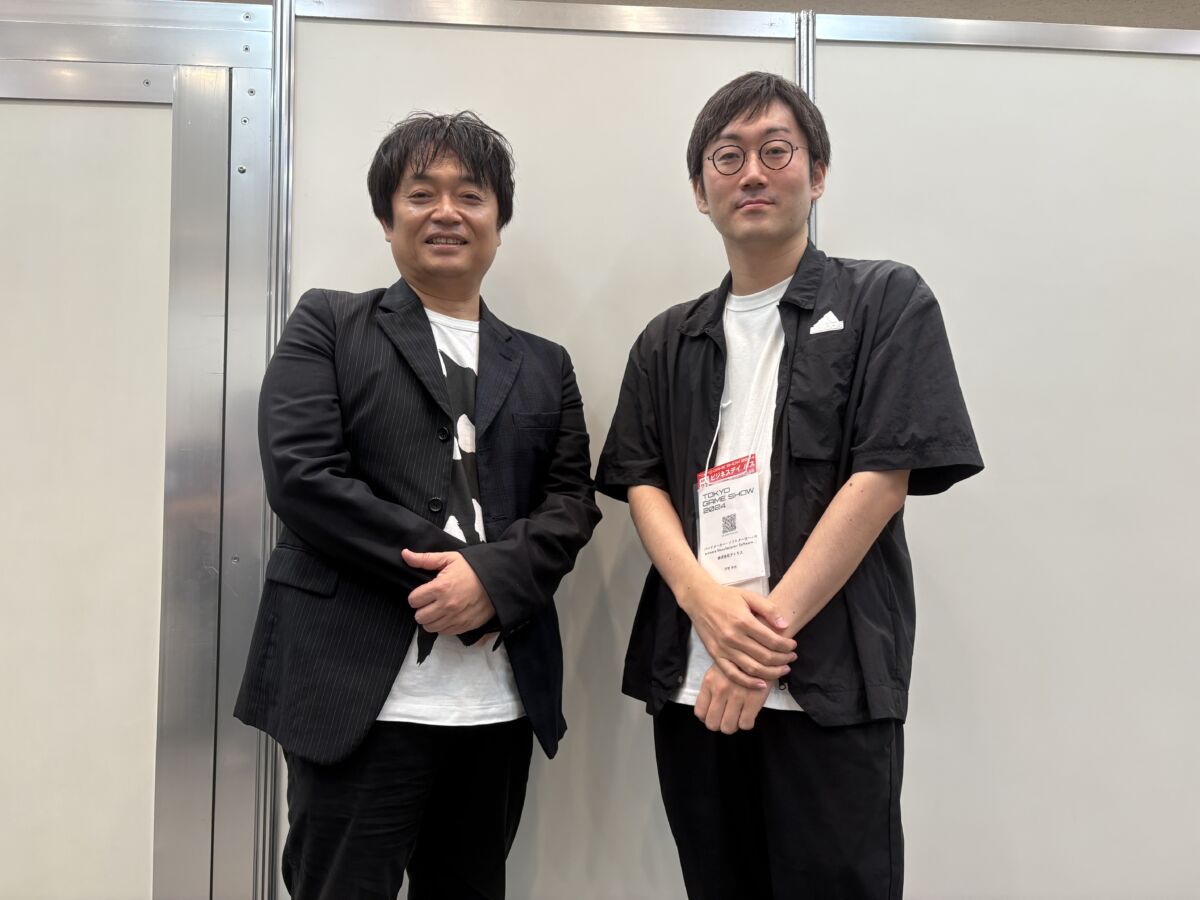
In particular, the visceral bodily action in Metaphor: ReFantazio draws immediate comparison. The highly-anticipated entry sees characters ripping out their heart to evoke Archetypes, a transformative type of magic that turns them into a new, more powerful form, similar to how a user’s Persona is summoned in Persona 5 by tearing the mask off their face. It’s brutal and can be uncomfortable to watch, but the message is consistent – only by confronting and overcoming emotions will one grow stronger.
“In terms of this title, the big theme is anxiety, and this might be [affected by] cultural boundaries and may change from country to country, but we were thinking about, ‘Okay, where are anxieties felt the most?’ and thought of the heart,” the Persona and SMT veteran explains. “And that’s where the idea of grabbing your heart and pulling it out, and telling it to work hard and try its best came from.”
The visual representation lends itself very well to the idea, with the introductory cutscene highlighting the agony and graphic nature of the transformation. There’s blood, screaming, and other standard fare one would expect from a Persona Awakening, conveying the turbulence and agitation that comes with standing up to the challenge.
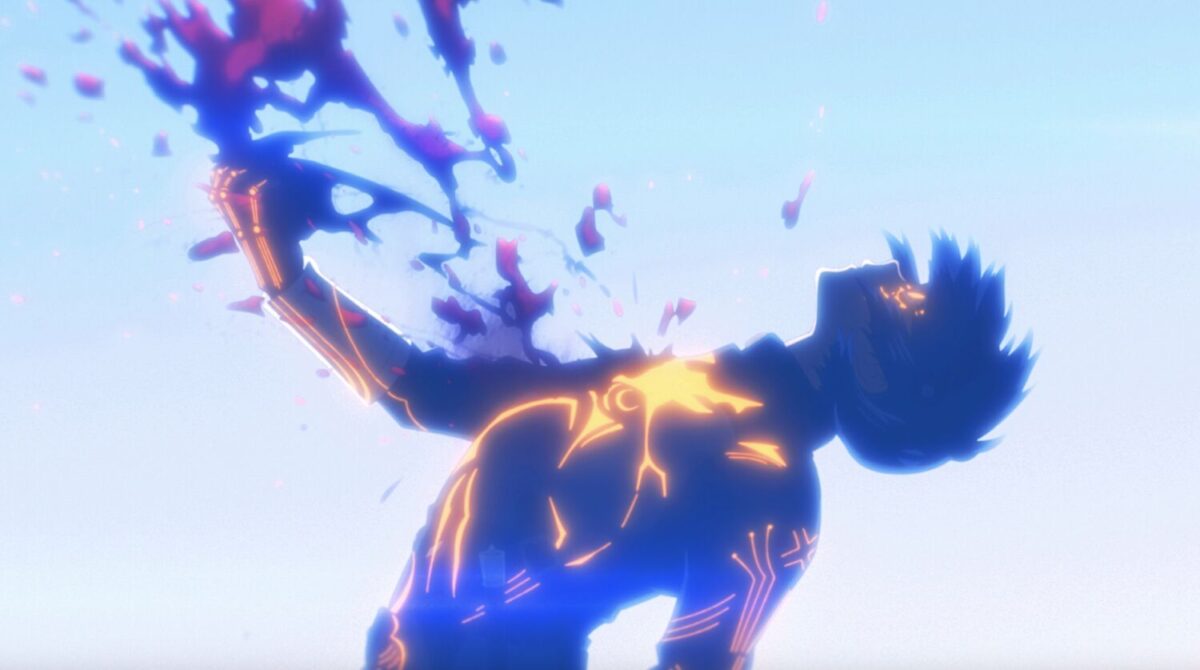
Hashino adds, “In the game, anxiety itself is sort of spread around in the atmosphere. But in the case of Archetypes, it’s about turning your anxiety into your own armour, and not having someone else do that for you.”
Translating that into Metaphor: ReFantazio, the ability to switch between Archetypes – essentially a job system – signifies the player’s agenda to take control of their fate and anxieties. Where the Persona games typically assign party members to a defined role, Atlus’ soon-to-be-latest allows them to wear multiple hats, including healer, warrior, knight, seeker, and more.
The result is a liberating and enjoyable affair, as gleaned from a 20-minute hands-on demo held during TGS 2024. Each Archetype features a distinct look that corresponds to the idea of their jobs, with the mage design, for instance, wielding a staff in hand, and the knight riding atop a magnificent horse. As RPG veterans would know, individual Archetypes have different specialisations and move sets, ranging from health restoration (healer) to an endurance stat boost (knight).
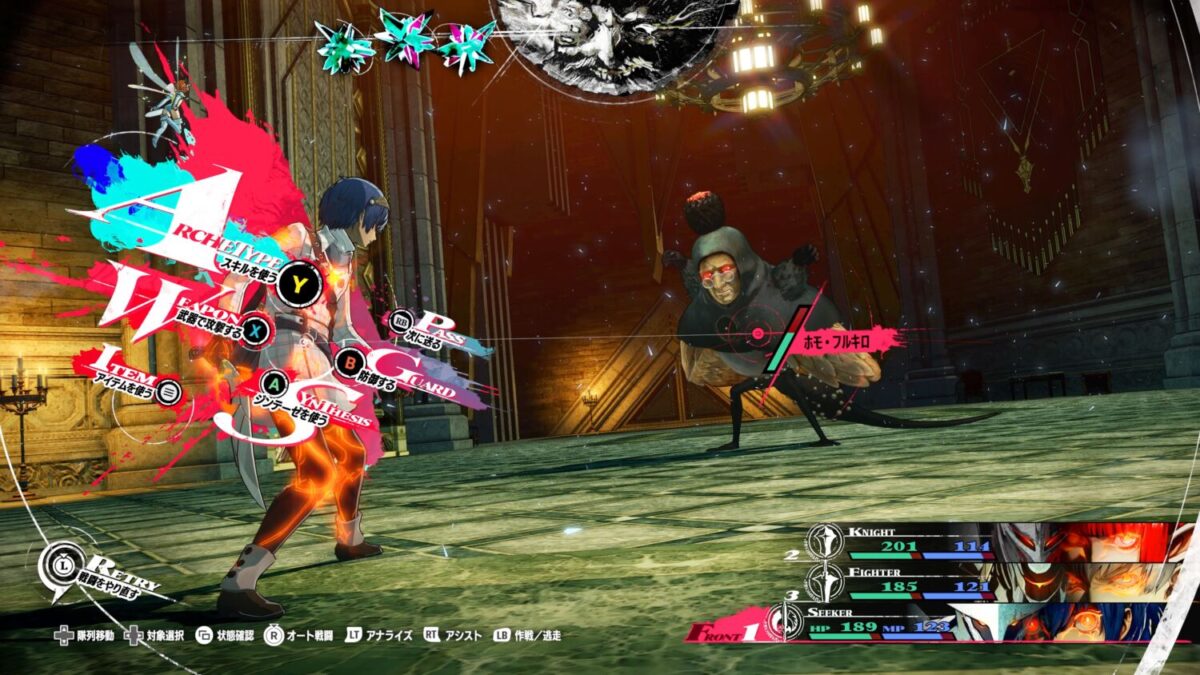
Accompanied by Strohl and Hulkenberg, tied to Warrior and Knight by default respectively, in the party, the preview was quick to affirm that the Archetypes have sufficient character to stand out from one another. The difference in feel and play style is prominent, while the freedom to change between them proves to be a refreshing change in pace, and introduces a welcome touch of flexibility. Any member of the team can equip any Archetype once unlocked, but first-time use requires Magla, earned from battles alongside money, items, and EXP, and unlocks a special animation. A job system in all but name, the feature delivers a new spin on a common genre element and also plays into the overarching narrative.
“What we thought is that jobs are often not fully linked to the story,” says Hashino. “As such, we thought of creating the Archetype system with a different angle, so when the characters gain the power of that Archetype, it’s more about the kind of hero they want to be.”
Time is another defining mechanic that sets the game apart from other RPG contemporaries. Following in the footsteps of Persona (yet again), Metaphor: ReFantazio includes time-sensitive activities structured around a calendar, such as the kinds of missions to accept, and which companions to hang out with. The emphasis on day-by-day planning reflects the scarcity of time in reality, with the idea described as “really central” to the core gameplay loop, adopting a more realistic outlook rather than a journey that “would just continue on endlessly”.
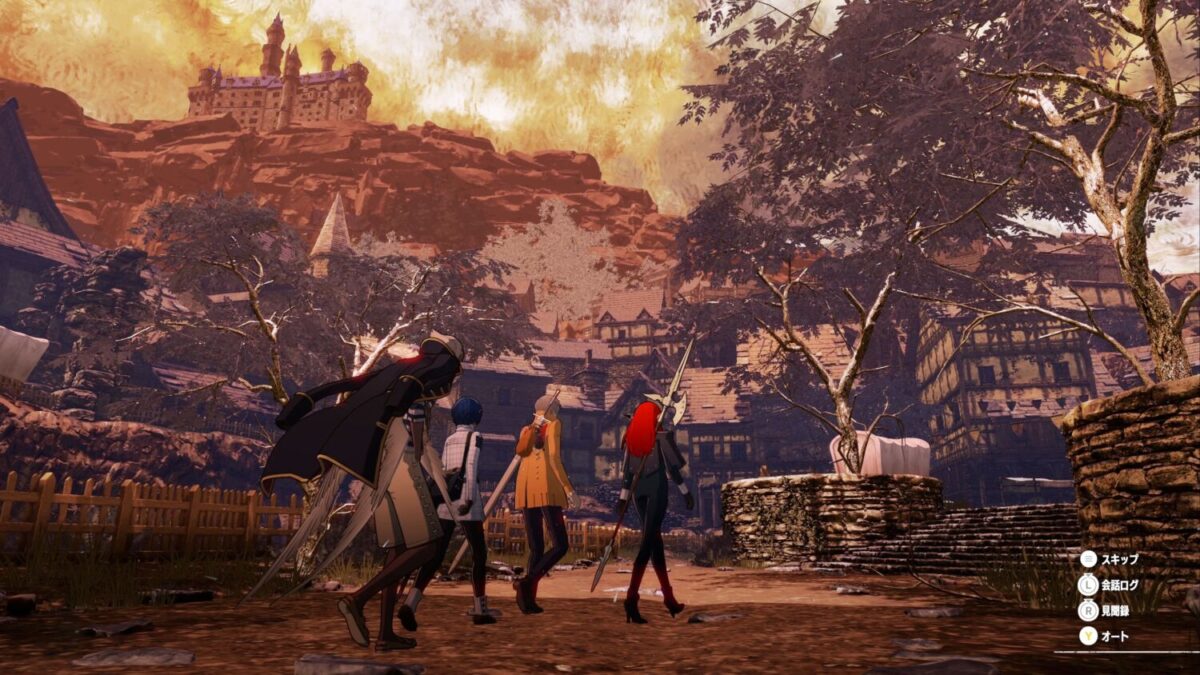
Passing time is accomplished by engaging in side activities, included in the Exploration segment of the preview. There, players find themselves aboard a ship called the Gauntlet Runner that acts as a hub of sorts, where they can carry out mundane tasks like taking a shower, hanging out with friends, reading, and more. Travelling may also take more time depending on the destination; during the hands-on session, the trip to a dungeon passed in-game time similar to Persona’s calendar mechanic, and watching it unfold from the ship’s deck in real time made for a calming sight.
The creation of tribes in the game, too, taps into real-life influence, just like the passage of time. Metaphor: ReFantazio introduces eight major tribes: the Clemar, Roussainte, Rhoag, Ishkia, Nidia, Paripus, Eugief, and Mustari, each bearing varying physical features and cultures. The Elda, where the protagonist hails from, belongs in a separate category as their existence isn’t believed, joining the “Humans” – monsters that players face throughout their journey (contrary to what the name suggests).
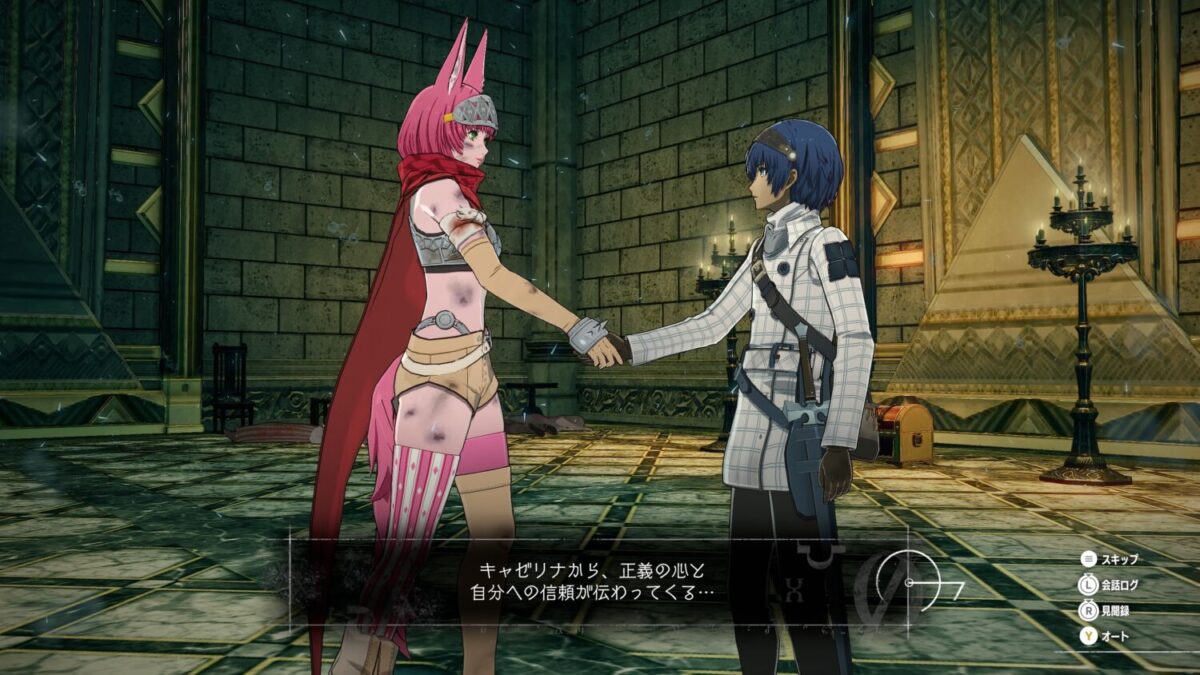
As compared to the modern setting of Persona, the medieval fantasy setting presents a better medium to shape these personalities. The problems faced in the former, Hashino shares, are fairly limited in terms of location and time, as they would be the exact issues players can expect to encounter in the real world. By turning back the clock, however, the game is able to examine cultural depictions that have persisted through the present day, broadening the thematic scope.
The examples listed include individuals who don’t really express what they’re thinking (“similar to Japanese culture”, he adds), older folks who impose values onto the younger generation, and old-fashioned people considered to be stuck in their ways.
“These kinds of elements and personalities that modern people now still have – we wanted to use them as motifs when designing the tribes, so compared to a more modern storyline like Persona, [the fantasy setting] was where we had a lot of freedom with creating,” Hashino reveals, highlighting the connection between fantasy and reality.
“We don’t create fantasy because reality will never change; we create it because it can and will change,” he surmises.
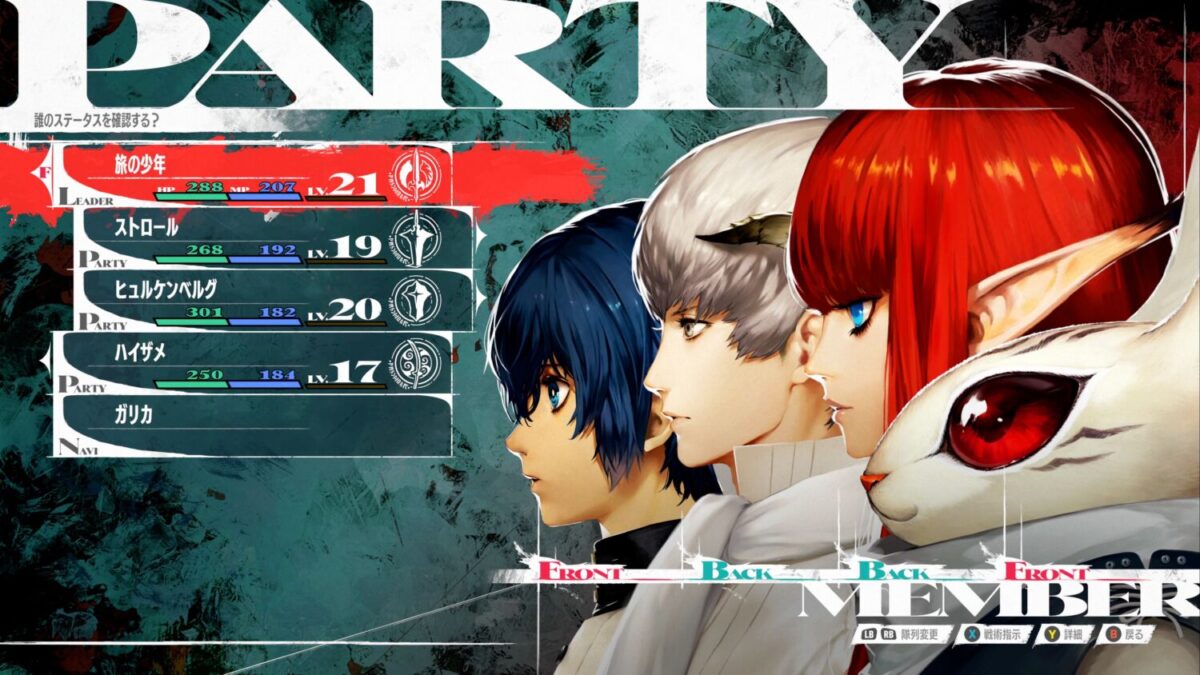
The sense of creative freedom that the genre affords carries over to environment design, where the team loosened their grip on historical accuracy and significance. While there were a lot of discussions on various details, such as the volume of glass in town, as it was a precious commodity then, and mulling over the use of rivets or screws in walls, preserving the story of Metaphor: ReFantazio ultimately took precedence.
Rather, the attention went into crafting an aesthetic that would best fit a medieval world. In lieu of Persona’s striking and “poppy” (in Hashino’s words) design, the forthcoming title oozes a stylish and chic flair that continues to epitomise Atlus’ visual creativity. Menu elements are a stunning sight, with transition animations carrying a smooth, satisfying quality to them. Combat set pieces culminate into a breathtaking spectacle, accompanied by crisp, dynamic gameplay and epic battle music.
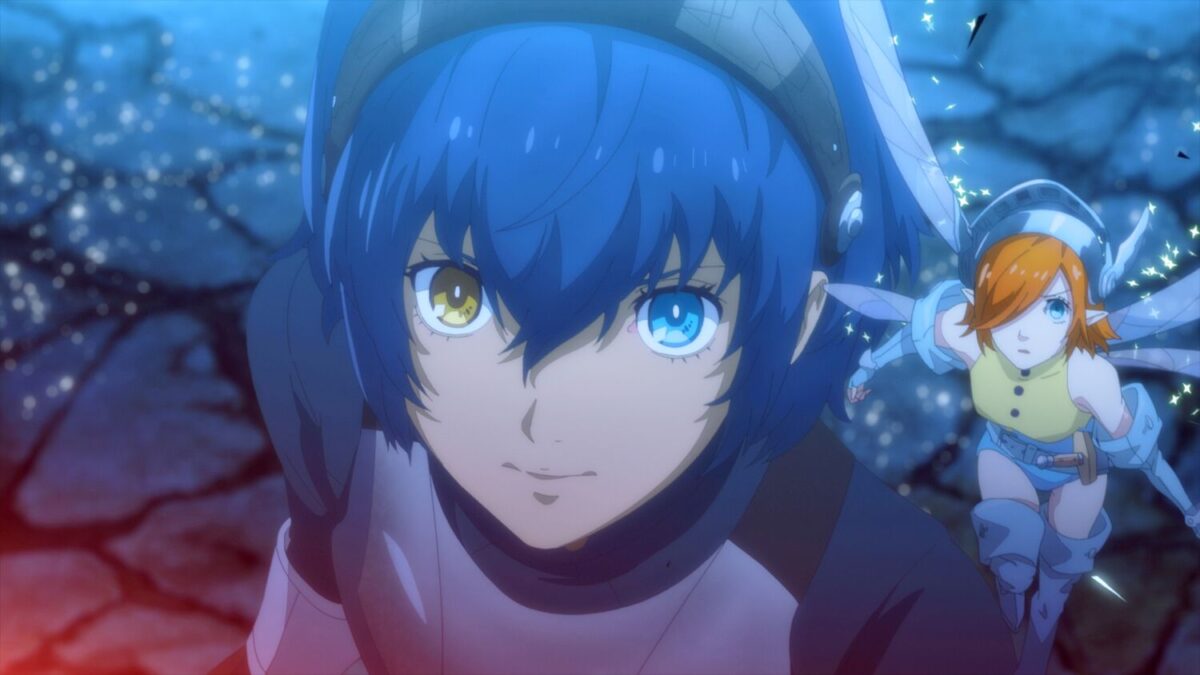
It’s precisely the kind of exhilaration and gratification the team seeks to deliver, as Hashino shares, “My goal is for players to have an aftertaste after finishing the game, like the feeling that they gained some kind of strength, even if it’s something small.”
For the Studio Zero team, this undertaking is anything but small. There are very high expectations riding on their first original title, and it’s off to a strong and promising start.
Metaphor: ReFantazio releases 11 October for PlayStation 4, PS5, PC, and Xbox Series X|S.

